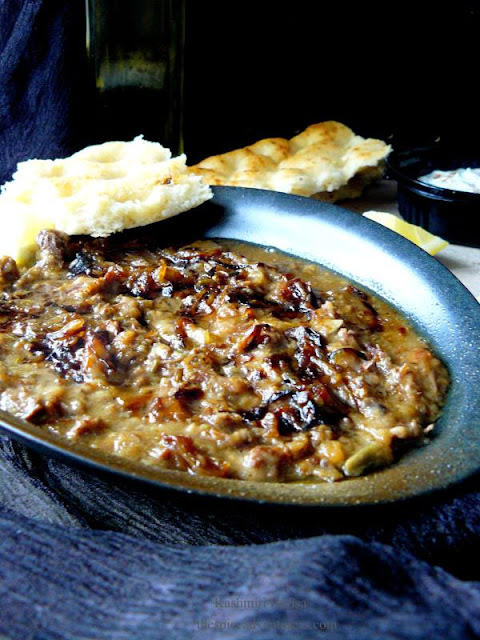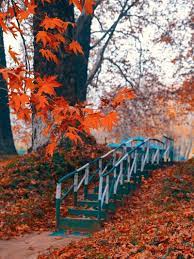
Harissa to HokhGaed: Some mouthwatering Kashmiri delicacies you should try this winter
Winter s here, so are the delicacies that will rule your kitchen for the next four months. Winter in Kashmir is harsh as bone-chilling and heavy snowfall remain the order of the day.
In Kashmir which usually remains cut-off from the rest of the country, the preparation for winter begins in autumn when people stockpile essentials from food to fuel.
Under such circumstances, people usually remain indoors, hence a chance to savor winter delicacies both as meals and snacks.
Here in this article, we will discuss the delicacies, which remain in demand throughout the winter in Kashmir.
Harissa
This dish is a complete winter delicacy, which remains in demand from October to March. A breakfast dish is cooked in huge ovens over simmering firewood heat for almost eight hours. Harissa is a mixture of lean mutton mixed with rice and flavored with spices like fennel, cardamom, clove, and salt.
Like the seasonal dish, its chefs to are seasonal, who have their dedicated outlets wherefrom they serve hot harissa along with Kashmiri roti. A piece of Kebab is also served with harissa.
Locals often are seen queuing outside a harissa shop during winter since the dish gives you enough calories to fight the harsh winter in Kashmir.
Hukh Syun- Wangan Hachi, Al’e Hachi, Ruwangan Hachi
Hukh Syun has been a traditional food in Kashmir during winters for many decades since the valley remains cut off from the rest of the country, which leads to food shortage. Hukh Syun more than a delicacy has helped the Kashmiris to combat food scarcity during winter when the highway would remain cut off for weeks together.
Wangan Hachi is a dried brinjal or eggplant. The fresh brinjal is sundried during autumn and then put into a cloth bag to avoid getting gathering fungi. It is usually cooked with moong dal or with mutton or even dried tomatoes.
Making Al’e Hachi has a similar procedure to that of Wangan Hachi. Al’e Hachi is a dried bottle gourd. Al’e Hachi takes time to soak in water and is often cooked with mutton.
Ruwangan Hachi is dried tomatoes and can be cooked with both Wangan Hachi and Al’e Hach. Ruwangan Hachi doesn’t lose its sour taste. It gives color to a dish and fragrance.
Dyoon Czu’t (Walnut Chutney)
It is one of the local chutneys made in Kashmir. Walnut Chatni is mostly served with Wazwan during functions. It is often made during winters with a small preparation. Walnuts are pounded and mixed with green or red chilies. A little bit of milk can be also mixed to give it a different taste.
HokhGaed (dried fish)
HokhGaed is dried small fish and is sold in various markets of Kashmir during winters(till Marchand April). These fish have a good shelf life and taste good when fried with spices.
HokhGaed is served with rice and is a good source of protein.
Phari (smoked fish) locally known as Phari — one of the age-old winter delicacies of Kashmir.
The process begins with catching fish, which are then laid on layers of dry grass shaped in the form of a platform. Soon, hundreds of kilograms of fish are smoked by setting the dry grass alight. The delicacy is cooked along with tomatoes, radish, or most commonly with haakh (collard greens) mixed with lots of spices and later enjoyed with steamed hot rice.

